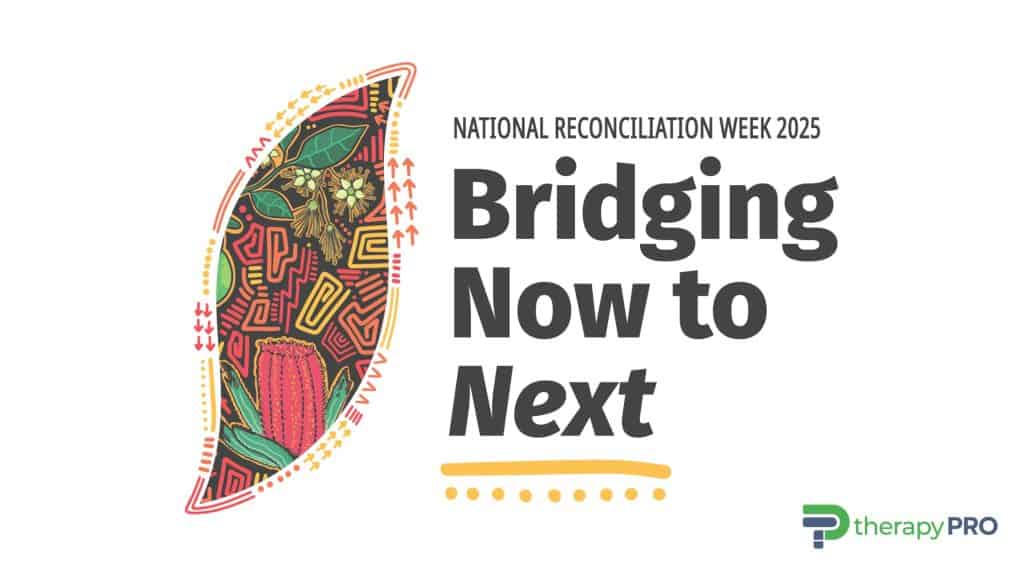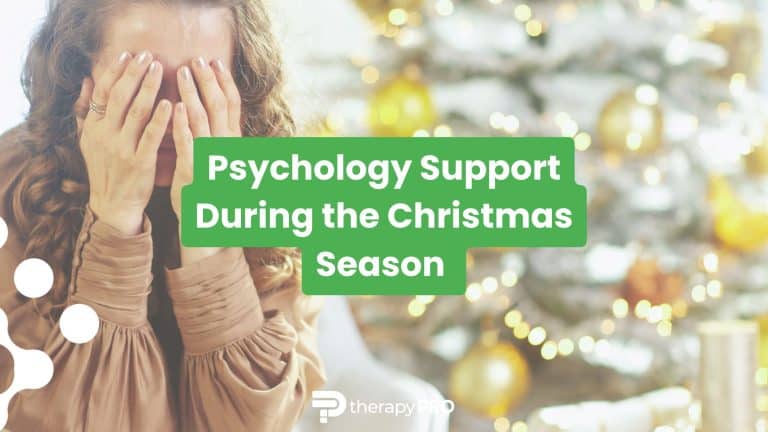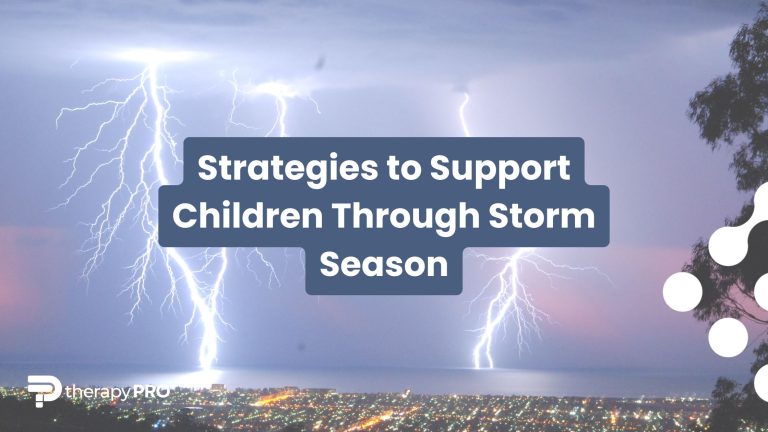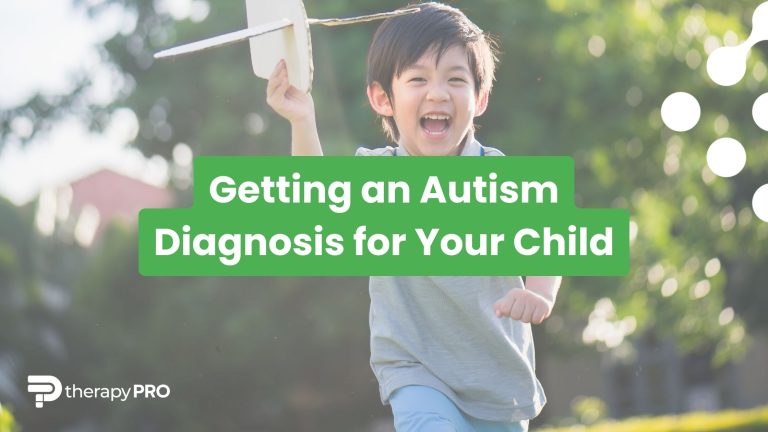Reconciliation in Action: What it looks like in everyday life
National Reconciliation Week invites all Australians to reflect, learn, and take meaningful action toward a more just, equitable, and unified future.
Held annually on 27 May – 3 June, the choice of dates is significant and mark two key milestones in Australian history. Reconciliation is not symbolic; it is lived and ongoing. And it shows up in the everyday decisions we make around how we listen, speak, and respect.
Let’s learn more.
Reconciliation at the national level
When we hear or talk about reconciliation, it’s often through a national lens:
- The need for truth-telling about Australia’s history
- Recognition of Aboriginal and Torres Strait Islander rights
- Closing the gap in health, education, justice, and life outcomes
- Support for Treaty, Voice, and land justice
Reconciliation Australia is the lead body for reconciliation in Australia. The organisation aims to inspire and build relationships, respect and trust between Aboriginal and Torres Strait Islander peoples and non-Indigenous Australians. There are five dimensions of reconciliation that help shape this vision:
- Race relations
- Equality and equity
- Institutional integrity
- Unity
- Historical acceptance.
These goals remind us that reconciliation is about both awareness and action.
What does reconciliation look like day to day?
Sometimes we assume reconciliation requires big gestures, but often, it begins with the small, everyday choices we make.
Here are some examples of reconciliation in action:
- Taking the time to learn the Traditional Owners of the land you live or work on, and using those names respectfully in your Acknowledgements
- Making Acknowledgement of Country part of your meetings or events, and saying it with intention, not from a script
- Supporting First Nations businesses, artists, or service providers
- Challenging stereotypes, misinformation, or casual racism when you see it
- Reading or listening to First Nations voices, in books, podcasts, music, or film
- Learning about language revival and place names, and practicing pronunciation
Reconciliation isn’t about being perfect or knowing everything, it’s about staying open, being willing to listen, and showing respect in tangible ways.
What we’re doing at Therapy Pro
At Therapy Pro, reconciliation is something we carry in our values and our work. Through our Reconciliation Action Plan (RAP), we’re actively seeking to build stronger relationships, embed cultural learning, and listen to First Nations voices across our organisation.
This National Reconciliation Week, our team is:
- Sharing reflections internally on what reconciliation means to us
- Taking part in our “Take 5 for Reconciliation” challenge
- Learning more about cultural protocols and histories
- Creating time and space for thoughtful conversations
We recognise that we’re all at different stages of our learning and we’re committed to growing together, respectfully and purposefully.
5 ways you can join in this week
Not sure where to start? Here are five simple actions you can take as part of your own reconciliation journey:
- Read the Uluru Statement from the Heart
- Watch a First Nations documentary: In My Blood It Runs, The Australian Wars, or We Don’t Need a Map
- Listen to a First Nations-led podcast: try Black Magic Woman, Take It Blak, or Word Up
- Support a First Nations business: search the Supply Nation directory to find one near you
- Learn the Traditional Owners of where you live or work: explore the AIATSIS Map of Indigenous Australia
Reflect. Learn. Act.
Reconciliation isn’t a destination, and it doesn’t end on 3 June. It’s a journey, one we’re all invited to take, every day.
Whether you’re just beginning or continuing to deepen your understanding, every step forward counts. Learning, unlearning, reflecting, speaking up, these are all powerful actions.




